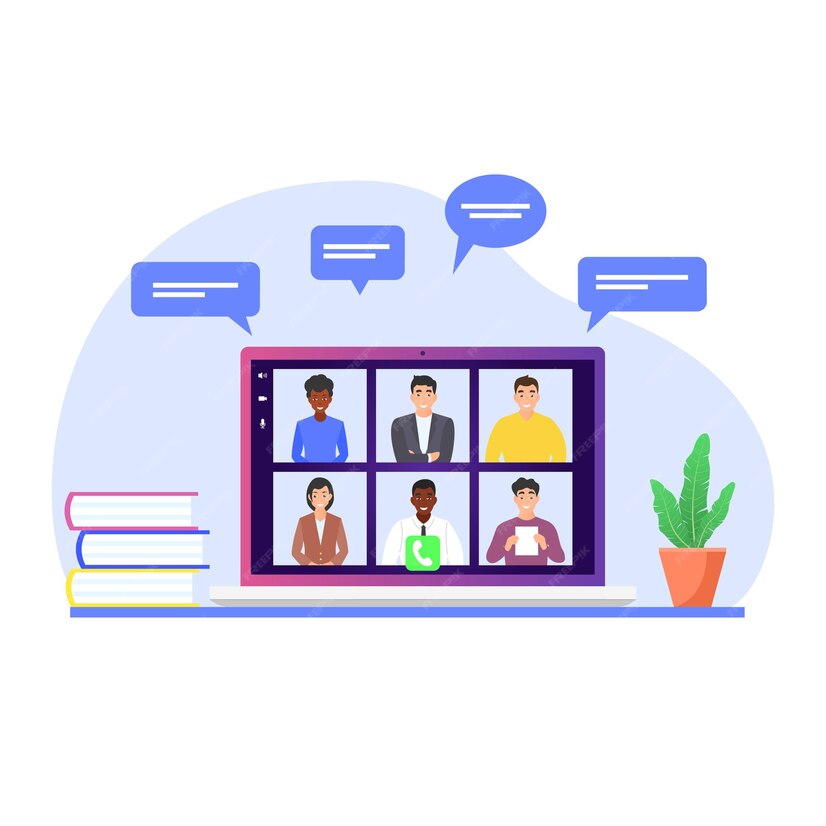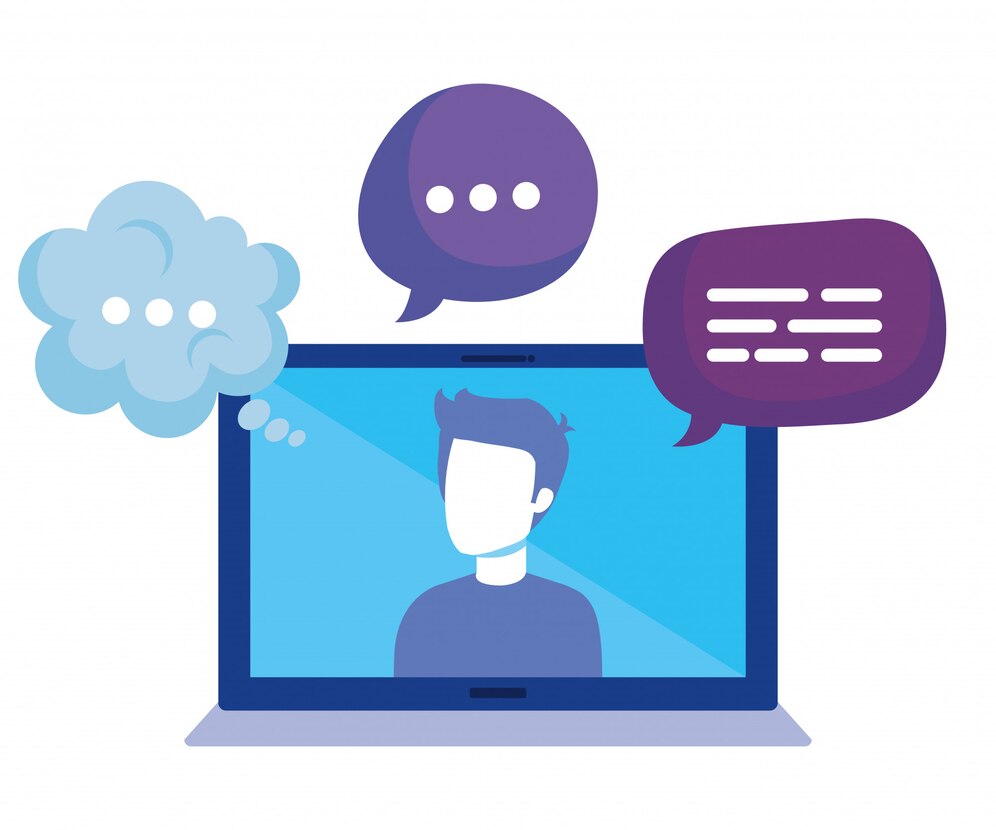AI-Enabled Customer Support to Boost Service Excellence
Know how AI-powered customer support becomes more efficient in handling customer concerns and helping businesses flourish.

✅ Free meeting recording & transcription
💬 Automated sharing of insights to other tools.

Consumers are bound to encounter issues with products or services they wish to avail—this is where customer service swoops in to help. In the past, customers relied on human agents when they encountered problems. But now, AI-powered customer support is more efficient in handling customer concerns, helping businesses flourish and garner customer loyalty.
Definition of AI-powered customer support
AI-enabled customer support utilizes virtual assistants and chatbots to make smoother customer interactions. AI-enabled customer support is known to be more efficient and personalized, thus boosting overall customer experience. NLP and neural networks (various AI technologies) are utilized for personalized and timely chats.
Importance of Customer Support in Business

According to experts, aside from quality and the price point of products or services, customer service is becoming a new factor for swaying consumer decisions when choosing between competing brands. A statistic shows that 81% of consumers are persuaded to purchase products or services again after a positive customer experience.
Customer retention also relies heavily on how pleasant and smooth their customer service experience is. In other words, a great customer service experience equals a great brand reputation and better loyalty from customers.
Transition to AI in customer service
It is understandable for consumers to expect AI chatbots to deliver answers like humans would. Consumers do not want to encounter responses that are unrelated to their concerns. To start, create a list of FAQs on customers seeking help from customer service, including the appropriate responses.
The list will make the onboarding process with the chatbot company easier and faster. Though AI interactions have undergone vast changes through the years, it is far from being perfect compared to human-to-human interactions.
By following ethical AI practices, businesses can adeptly handle challenges, all while ensuring that automation and human support work together to support customers. Should your chatbot not offer the solution to the customer’s service issue, you should give the customers another venue to connect with a human agent, whether via email or toll free number.
The Role of AI in Customer Support
Human agents can only do so much. With AI to help out, support functions of businesses can be refined and focused further. Examples of roles AI can take on include chatbots and automated ticketing systems, which can streamline routine tasks and boost customer satisfaction.
Automating Common Tasks for Efficiency
1. Using Chatbots for FAQs
Chatbots can be programmed to answer FAQs more efficiently than human agents. NLP, a special technology, is a valuable tool as it can assist chatbots in understanding customer issues. Once they understand the customers’ concerns, AI chatbots can deliver the appropriate answers in real-time.
This efficient and rapid response then boosts customer experience. As chatbots will be handling this routine task, human agents have lesser workloads without compromising the quality of communication.
2. Automation of Ticketing Systems
The integration of ticketing systems has revolutionized customer support processes. Customer queries are prioritized using AI algorithms, and tickets get assigned as per criteria. Automating this routine work helps businesses get to the bottom of their customers’ concerns quickly.
Aside from issue resolution, automated ticketing also helps businesses identify repeating problems and check existing patterns, which then help them come up with more optimal support strategies.
3. Using AI Assistants
Recording client meetings and transcribing calls provide customer support teams with accurate, detailed references of client interactions, enhancing service quality and communication accuracy. Using a cloud contact center goes a long way in improving customer service quality, regardless of your industry. Additionally, analyzing call center volume can help optimize staffing levels and improve response times for a more efficient customer support experience.
These practices also serve as valuable training tools and facilitate the analysis of customer feedback for continuous improvement.
AI Routing and Triage
1. Triaging Customer Concerns
Like in the medical field, triage is also applied to customer support, especially in prioritizing and categorizing the complexity of customer concerns. Advanced algorithms guide triage and skill-based routing systems to analyze the nature and urgency of each customer request.
This process ensures that the most pressing issues get immediate and utmost attention. Businesses can allocate their resources better and more effectively when automated. In turn, customer satisfaction gets boosted because of lowered response times.
2. Streamlined Channels for Communication
Streamlined communication channels are the main focus of intelligent routing. As customers come in with many problems, an automated system that can efficiently reroute concerns according to severity to the right experts can boost efficiency.
Businesses can get better feedback if they have aligned communication channels according to the specific needs of their customers. Customer inquiries are better directed toward the most appropriate agents and channels through AI intelligent routing, all of which help optimize responsiveness and efficiency.
Benefits of AI-Powered Customer Support

Enhanced Efficiency
1. Faster Response Times
When queues are long, human agents can only tackle so much. Manual processes such as going back and forth between screens and systems to view a customer’s history take a lot of time and effort for an agent. Even when an agent takes utmost care in dealing with issues, he or she would encounter errors, too.
However, with AI-powered customer support, intelligent recommendations are created for customer service workers immediately. For example, queries about the best business masters degrees get answered within just a few seconds with the help of AI.
2. Round-the-clock availability
AI chatbots do not need any downtime as human agents do. Chatbots can handle customer questions even when no human agents are around, which reduces response times.
Customer Satisfaction

Better customer satisfaction
1. Customized interactions
Once a customer starts a conversation regarding an issue, AI can gather important information, from the customer’s name, location, and more in real-time.
Should there be a need to contact a field service technician, for example, the generative AI chatbot can forward the gathered data to the technician. This way, the technician can provide a more personalized and customized service according to the customer's needs.
2. Consistency in service quality
There are times when customers need help, even after an issue was solved by customer service. Should one contact customer service again, a human agent will have to find the needed information again.
AI, however, compiles the information and comes up with the best actions even when the conversation is over. This is evident in how chatbots can remind customers to renew their subscriptions or give alerts when a discount or product upgrade is available.
Considerations
With AI's promises in customer service, it is easy to get excited about them. However, there are certain things to consider when utilizing AI.
Ethical Use of AI
In AI-enabled customer service, privacy is a must for customer information. There must be a perfect balance between human touch and automation. The foundation of customer confidence and loyalty is in keeping ethical AI practices.
Privacy Issues
All AI systems businesses use must have a built-in data protection feature. There should also be transparency regarding the privacy policies on how the company handles customer information responsibly. Companies must explain how AI processes the information and reassure the customers that they have protective measures to keep everything confidential. One effective measure is using a VPN to ensure secure data transmission and protect sensitive information from unauthorized access. Another useful feature businesses can consider is a dedicated IP service, which offers enhanced security by providing a unique IP address exclusive to the user. This is similar to how a business might use QuickBooks Online to add specific classes to transactions for better customer service and tracking.
Integrating AI with Human Support
AI powered customer service does not mean a fully automated one. Note that a reimagined AI-enabled customer support service encompasses the best of both worlds: AI working hand-in-hand with employees. Think of it like this, even before customers submit their queries, an AI-enabled system can predict their needs.
Therefore, generate the appropriate prompts for the agent. The agent can then address the immediate question that the customer gives. They can also offer appropriate support that deepens the trust and relationship between the agent and the customer.
Best Practices for Implementing AI in Customer Support
Understanding Customer Needs
AI chatbots help determine how your customers are likely to behave based on the data they can gather from the customers’ purchase histories and buying habits, including other personal preferences.
Training and Monitoring AI Systems
If you think that training or monitoring AI systems, such as an AI chatbot, is impossible, it is, in fact, possible. Your business can monitor your AI system by establishing human review processes. You will have to train your employees to assess outputs for any issues and then give feedback to refine the system.
Continuous Improvement and Adaptation
Before connecting your AI to your knowledge base, update and centralize all support documentation. Generative AI acts like an extension of the “truths” that your business holds. If your knowledge or documentation still talks about past products, your bot will also have outdated information.
Conclusion
AI-enabled customer support promises to transform businesses through personalized interactions and consistent service when dealing with customer concerns. When integrating AI into customer service systems, processes become more streamlined, and efficiency skyrockets.
The future of AI-enabled customer service looks bright because of ongoing innovation, boosted efficiency, and stronger customer relationships. As long as businesses continuously check that AI systems have data protection features, their customers are assured that their information is always safe.
Get Started with Meetgeek
Turn meetings from a necessary evil into a positive and rewarding experience
.avif)














































































